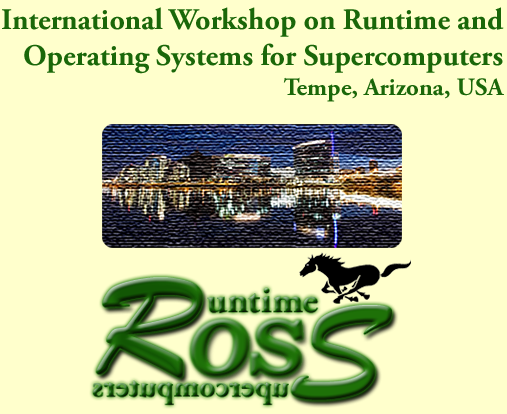Invited Talk
Speaker: Peter Dinda
Title: Do Developers Understand IEEE Floating Point?
Abstract:
Floating point arithmetic, as specified in the IEEE standard, is used extensively in programs for science and engineering. This use is expanding rapidly into other domains, for example with the growing application of machine learning everywhere. While floating point arithmetic often appears to be arithmetic using real numbers, or at least numbers in scientific notation, it actually has a wide range of gotchas. Compiler and hardware implementations of floating point inject additional surprises. This complexity is only increasing as different levels of precision are becoming more common and there are even proposals to automatically reduce program precision (reducing power/energy and increasing performance) when results are deemed “good enough.” Are software developers who depend on floating point aware of these issues? Do they understand how floating point can bite them? To find out, we conducted an anonymous study of different groups from academia, national labs, and industry. The participants in our sample did only slightly better than chance in correctly identifying key unusual behaviors of the floating point standard, and poorly understood which compiler and architectural optimizations were non- standard. These surprising results and others strongly suggest caution in the face of the expanding complexity and use of floating point arithmetic. The possible issues with floating point codes in practice also suggest opportunities for systems software.



